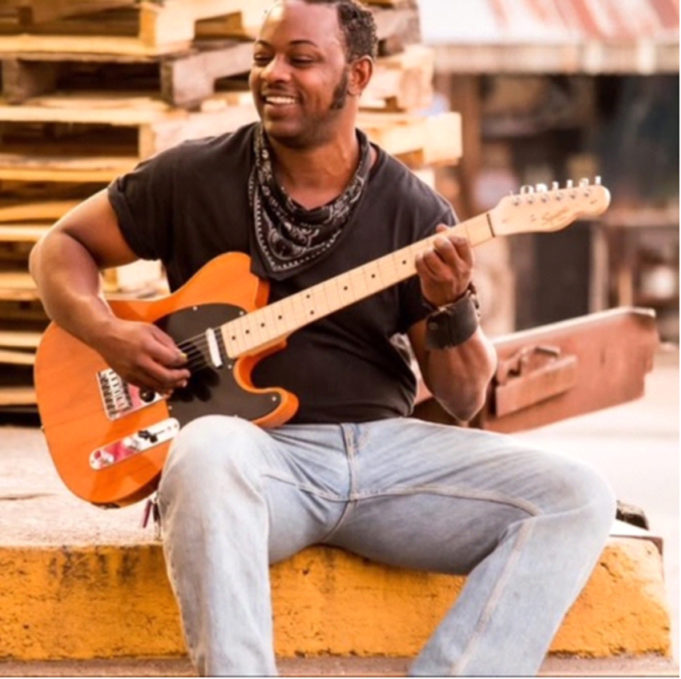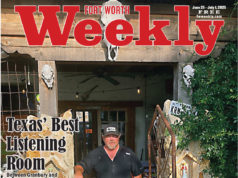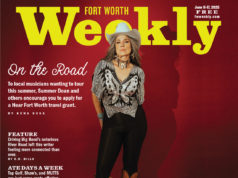Here’s an interesting gift idea: a record collection of Black artists who, for one reason or another, have called Fort Worth home.
Gifted from me, this hypothetical box set would include Ornette Coleman’s Science Fiction LP; a pair of 45s (the Aretha Franklin version of “Respect” and “Yakety Yak” by the Coasters) featuring saxophonist King Curtis; CD copies of Whatcha Lookin’ 4 by Kirk Franklin & the Family, Tatiana Mayfield’s A Portrait of Lady May, and Twisted Black’s Street Fame; and Apple Music downloads of Leon by Leon Bridges, 88 Killa’s 88 Special, Go Yayo’s Street Champion, and Sorry, Not Sorry by Key Latrice.
While such a stack is most definitely incomplete, it’s proof that without a doubt, Fort Worth’s musical legacy is rich with Black talent. For our inaugural Black History Month issue, we talked with five local artists about their music and their experiences as Black artists in Fort Worth. Patrick Higgins interviewed rappers Complete and Solar Slim about the significance of Black musicians’ contributions to Fort Worth’s culture and their own places within this history, while Johnny Govea spoke with country artist Ivan Dillard about identity and ignoring genre conventions and I talked to DJ and electronic music producer IAMKRT about the importance of an underground scene. (We contacted several women but did not hear back by press time. Once we do, we will add them to the conversation online.) Take a listen. — Steve Steward
*****
Patrick Higgins: What have the rich cultural contributions of Black artists to this city meant to you?
Complete the Emcee: “While there are several artists who have been able to become established nationally, I’ve always felt that Fort Worth artists have been overlooked and overshadowed, not due to lack of talent but for reasons I’m personally unsure of. I take pride in the rich history the city of Fort Worth has, especially with Black artists. There’s a long line of artists, known and unknown, that have contributed to the makeup of Fort Worth music, and I’m honestly proud of the diversity Fort Worth musicians have offered.”
Solar Slim: “The contributions of Black artists in our city has been vital to the rich musical identity that exists in Fort Worth. The Bluebird [Cafe] was a very special place at a very special time in the history of the city. It gave people from other communities a scope and a genuine perspective on the Black communities and the incredible music that comes from it. Leon [Bridges] and Abe [Abraham Alexander] are truly continuing the work of legends such as Ornette Coleman and Charles Moffet by constantly reminding the world that Fort Worth has very talented musicians.”
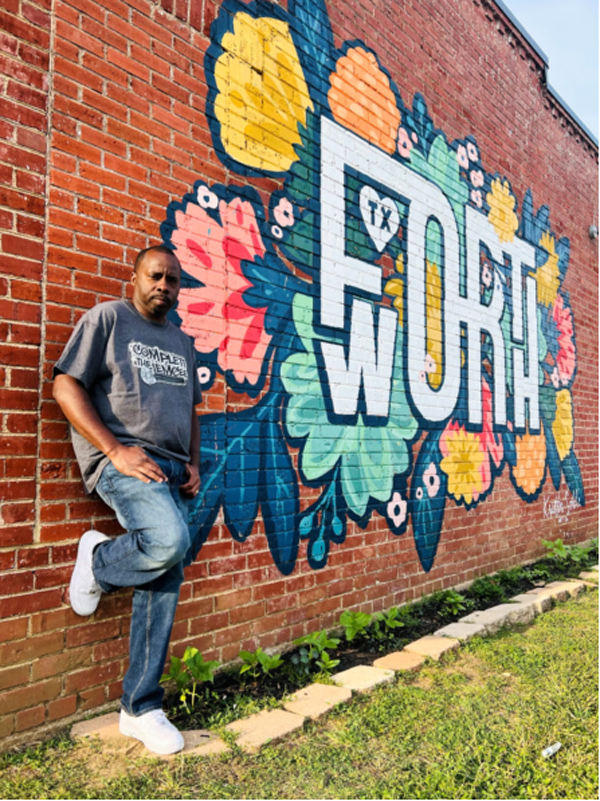
Danny Long of Joxved Productions
How do you view your place among that rich history?
Complete the Emcee: “I want my platform to be a good representation for the city that I was born and raised in. I pride myself on the content I put out and feel it’s truly good and relevant subject matter. I feel like I’m making music that contributes to the city’s musical history in a positive way.”
Solar Slim: “I just hope people can go back to my work and my production and realize that I made a statement with my music as well.”
How important are Black perspectives and Black identity to you as an artist? How do you feel about the representation of these identities in media, especially local media?
Solar Slim: “My identity and perspectives are always focused on encouraging my culture to think and operate in a way that inspires the next generation to be better than us. The people before us fought hard just to put my generation in a position to have a fighting chance for success. I can’t speak for all the artists, but I will say that sometimes the messages portrayed are counterproductive to the values we learned from our grandparents. I believe that the national media heavily depicts and portrays Black people as ignorant. Most of the press seems to be surrounded by negative situations, but I can also say that we as a people sometimes welcome that spotlight and embrace it, and that’s another issue that allows the media to continue the patterns. The local media honestly does a great job of spotlighting positivity, specifically within the Black music community. The negative seems to be ignored, and that’s a good thing for Fort Worth.”
Do you feel Black artists face particular challenges or obstacles in the music industry based on race?
Complete the Emcee: “I do feel that there are and have always been issues with racism within the music industry. For me, it stems from the program directors and record executives that strategically focus on music with no substance or value. I have always felt that particular songs are overly exposed to condition Black listeners to feel like derogatory and meaningless content is acceptable. I have intentionally aimed to create music that is the exact opposite of what we are forced to hear on most major radio platforms. Musically, I have always tried to serve a specific purpose: to give a better alternative to listeners. I try to make music with content that isn’t distasteful, disrespectful, or derogatory. They deserve better content.”
Solar Slim: “I have honestly never experienced any type of racial obstacles in my music career. I believe that’s primarily because the music I create is dominated by African American people. I strongly believe that if I made country or rock music, I’d experience backlash and stand out among all the people I don’t look similar to. Beyonce released a country album and received a lot of backlash from diehard country fans. On the flipside, she won a Grammy.”
A strong community is essential for any healthy music scene. How do you feel the community built around Fort Worth’s Black artists has contributed to your career?
Complete the Emcee: “Fort Worth’s Black community has contributed heavily to how I craft my music and has been huge in developing me as an artist. Community is foundational for Black music as it stems from Black culture. Culture being community-based and community-driven plays a huge role in the development of Black artists. Much of what we provide in our art derives from what we are exposed to in our communities.”
Solar Slim: “I’ll be honest. I’ve seen the community approach work very well. It wasn’t in Fort Worth, though. It was at Prairie View A&M. A campus full of Black students choosing to gravitate toward the music their fellow students were making led to multiple artists landing major record deals between 2008 and 2013. Music from the Prairie View campus began to spread all across the state, and it was incredible to witness a ‘small’ community of students make such a big impact on music in Texas. The Black music community in Fort Worth needs to tear a page from the book of PV. There is a lot of power in having pride in the music that comes from where you are located.”
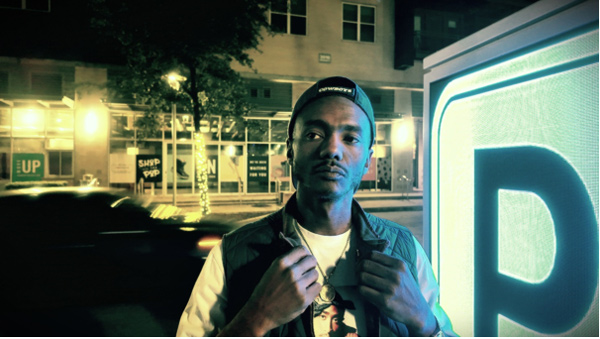
Courtesy the artist
How do you feel about the current state of music for local Black artists, and where do you see it headed?
Complete the Emcee: “Mostly, it seems artists are trying to ride a wave of what is popular instead of being original. Too often, artists would rather be ‘trendy’ instead of daring to either strive to make truly good music or just simply be themselves. Some artists are heavily influenced by what they are unfortunately being overly exposed to. I’d like to see it go in the direction of much more creativity and substance-based.”
Solar Slim: “I think it’s in a good place, although some of the messages aren’t positive. That’s always been a part of rap and hip-hop, so we have to embrace it all to a certain degree. It’s always evolving, and that’s what’s most important.”
What is one message you could give a striving, up-and-coming Black artist trying to make their way in the scene today?
Complete the Emcee: “I’d advise a young Black artist to truly become familiar with and study your history. Study the history of Fort Worth musicians and, more importantly, that of Black history predating slavery. There is much more to be aware of. Strive to be genuinely creative and aim to make music that is truly beneficial to the listener. Music is subjective, but we can at least try to make something people can really enjoy. I feel like Black music is intentionally made in poor taste in many cases. We need and deserve so much more. At least make an effort for more balance. Let’s hear good music as often as we do the not-so-good stuff.”
Solar Slim: “One message? Always be true to yourself. You will never go wrong if you stick to your own principles.”
*****
Ivan Dillard is a transgender country musician who has been transitioning as a man for the past 10 years. At least as far as Fort Worth’s music community goes, Dillard said he has never experienced racism as a trans man, though he admits he was “exposed to indirect racism as a woman and more direct racism in a wider spectrum outside of music.” Still, in Dillard’s experience, “Fort Worth is very interactive and easy to get to know people. It’s very down to earth, and nobody is super pretentious.”
His message to newcomers in the music scene who also happen to be Black: “Don’t be afraid to draw from diverse genres. One of the stigmas that I’ve overcome is that only certain music is Black music — for instance, me being in country, where minorities would ask why I play country music being Black. … Music is a living history and is always new to whoever is discovering it at any given point in time, and it never gets old. Music is essential to humanity.”
In Dillard’s view, music — regardless of genre or the identity of the people making it — is something that can unite everyone. “There is so much division in the world, and people have a hard time making a connection to other people who have different views, and that’s a shame.”
For Dillard, making music is a way to bridge those distances. — Juan R Govea
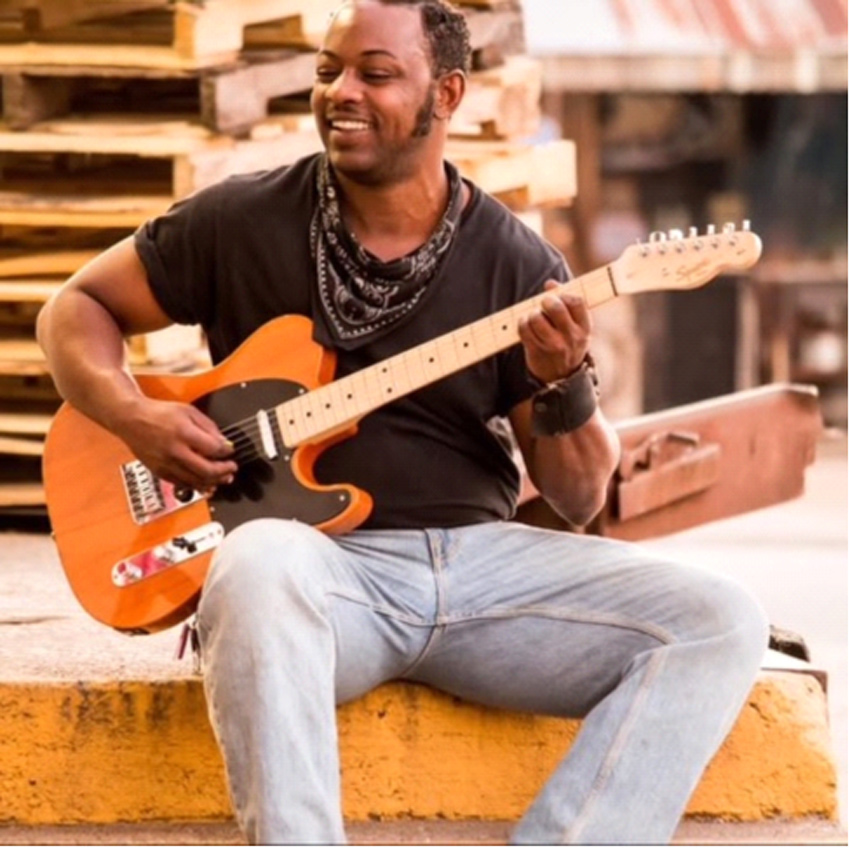
******
A familiar face across both Fort Worth’s music and beer scenes, J/O/E is a rapper who found his niche a long time ago from dropping party anthems and beer-centric bars at local watering holes and brewpubs, despite the fact that the city’s musical reputation is heavily oriented around rock and country. J/O/E said he has faced and overcome the “white-ish stereotype” much like any other Black artist in the city. “The rap genre can unfortunately be seen as tied to problems.” He’s pretty intentional with his image and said he has taken notes from hip-hop artists in town like 88 Killa, Wrex, and Lou Charle$. “The camaraderie with fellow black artists and seeing a new Black face rising and given an opportunity, I root for that. In the end, we want to see each other win. If you’re new to the scene, you need to know your audience. If you want to be seen and heard by the public, your music needs to be for the public.” — Johnny Govea
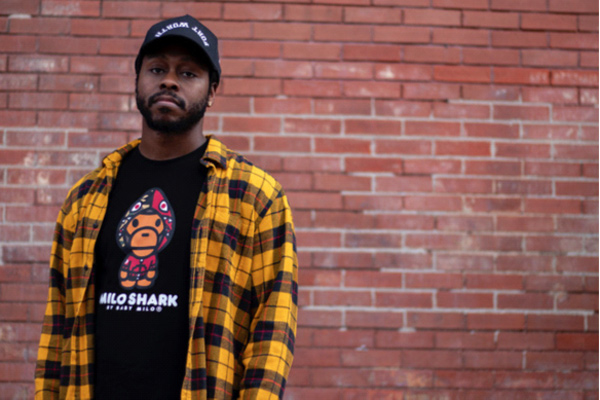
*****
Richi Taylor, better known among local electronic music heads as IAMKRT, is a musician, producer, and DJ who, after he learned to play violin as a kid and then shifted to classical guitar in middle school, got into electronic music to emulate the soundtracks of his favorite video games. “You hear a lot of atmospheric jungle music or just like atmospheric house music” in Sega Genesis and PlayStation games, “and this was the late ’90s and early 2000s, so as a kid hearing that, I knew right away, like, man, I wanted to create some shit like that when I got older.” Now 26, he’s become a fixture in the local electronic music scene as both a producer and DJ — ‘90s techno is more or less the cornerstone of his sound — and he has just launched a monthly electronic music night at Curfew Bar called Centrifuge. In short, he’s trying to build a scene.
For Taylor, as a Black artist working in electronic music — a genre rooted in places like Chicago and Detroit, where working-class economics fostered a diverse, inclusive, after-hours dance-club community — the obstacles to “blowing up” in Fort Worth have much less to do with racially motivated gatekeeping than a lack of underground culture, where the night doesn’t really even get started until the bars are closed. In Fort Worth, he said, “it’s always great to see people out here doing what they love out of passion for it or just having fun doing what they do. … No matter where you go, there’s always gonna be underground cats, and there’s always gonna be more mainstream cats.” He kept coming back to the culture of techno music in its heyday during the ’90s and early 2000s, when people had “that kind of obsession with the music,” with late-night parties attracting the true heads who live and breathe electronic music. In terms of a techno scene, DFW is “growing, but it’s going super-slow,” Taylor said. “We don’t have a true warehouse scene like in other cities. … There’s some freaking killers here who can really feel like, ‘Rock the deck, man,’ like, ‘Give it to you anyway you want, but the cutoff time is 2 o’clock.’ “ — Steve Steward
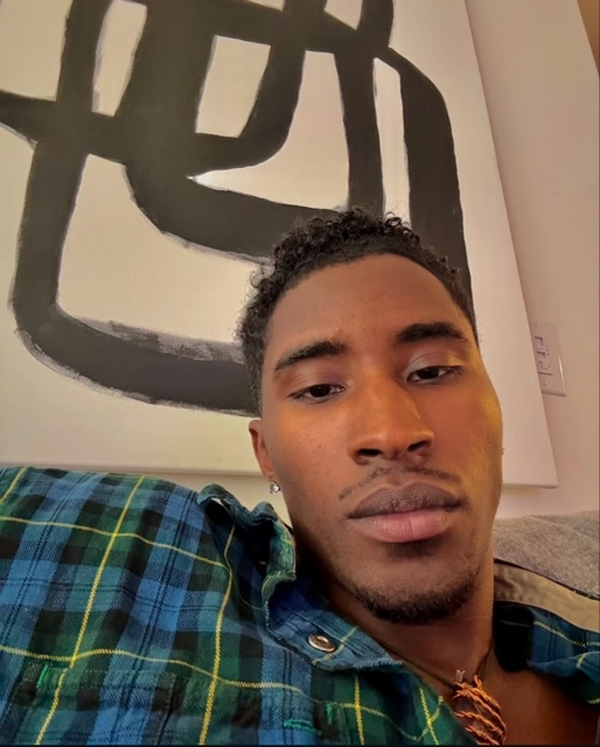
The art of protest came to life during Kendrick Lamar’s Super Bowl halftime performance. Read about it in Red, White & Black.



